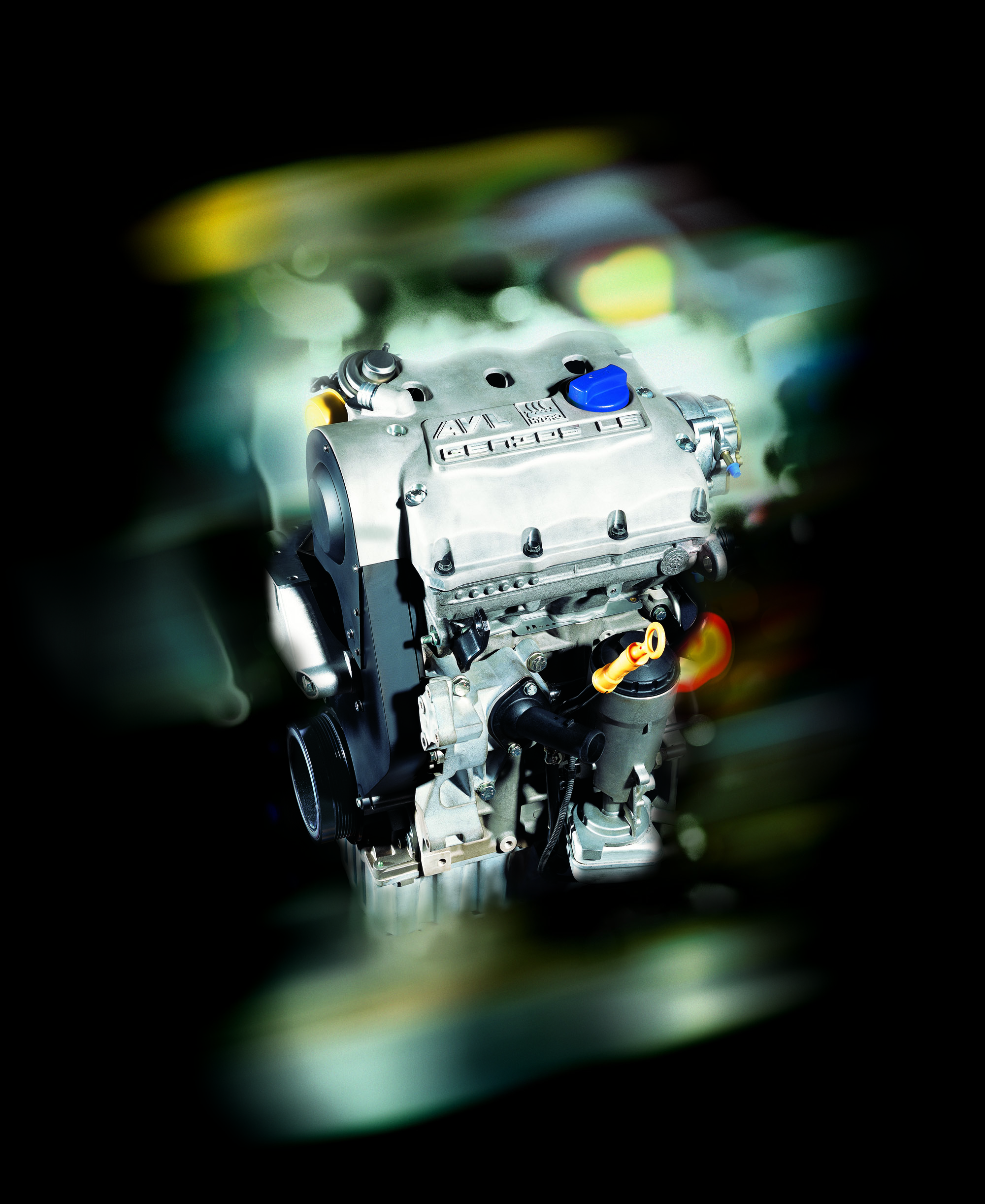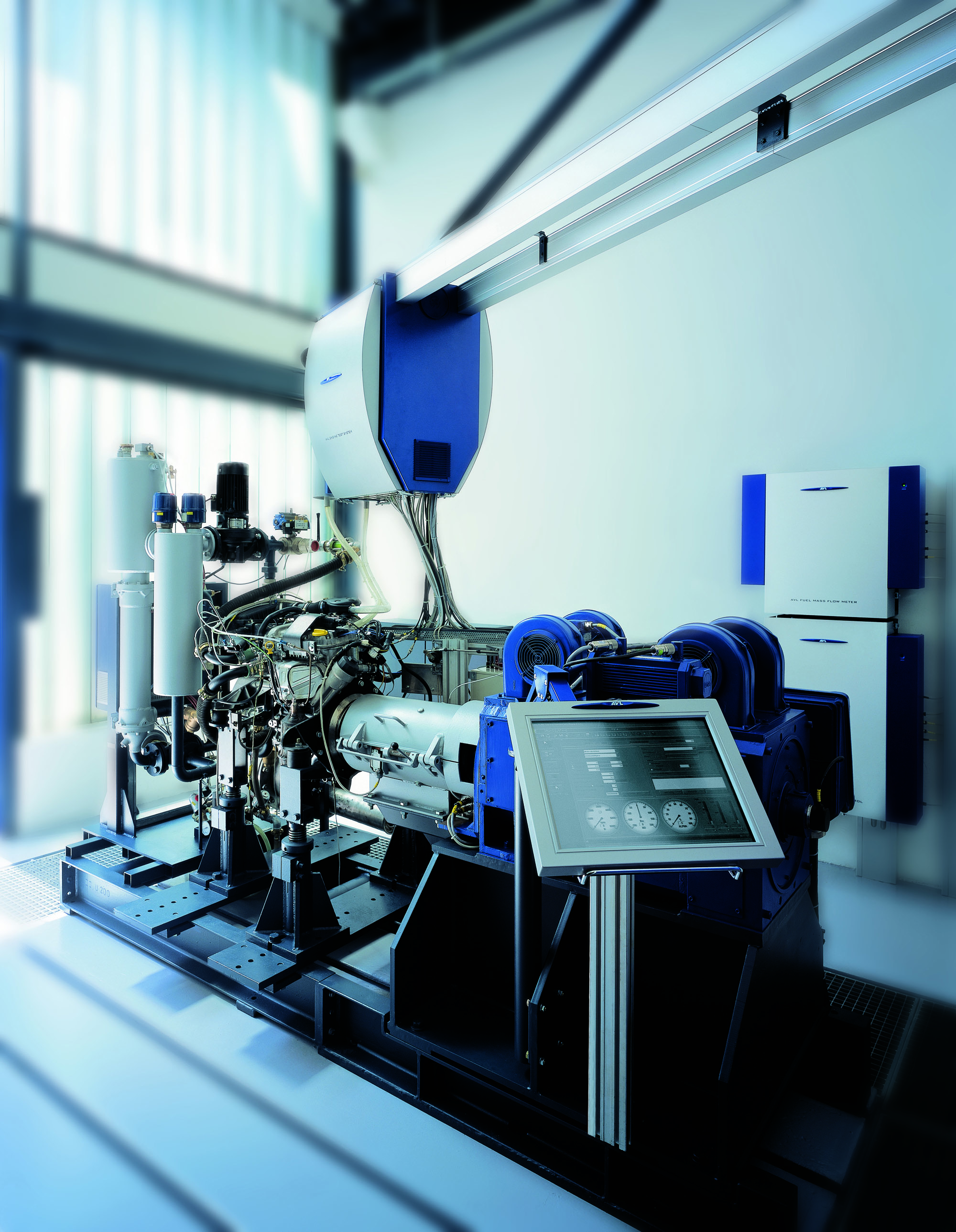CD Laboratory for Model based calibration methodologies

The research activities are aimed at developing new methods for the model-based calibration of automotive drive systems. Newly created approaches will be integrated into the basic calibration tasks of ECU calibration.
In the context of research work, calibration means the optimisation of vehicles and their subsystems. The focus is on improving the combustion engine and a combination with alternative drive systems, such as hybrid-electric drive components. Such improvements are made on the basis of the optimal operation of controller functions, the optimisation of default values for engine control (ECU maps) and the calibration of exhaust gas aftertreatment or battery management systems. Building on comprehensive basic research, existing methods for automated calibration are being further developed and completely new approaches created.
In a first step, a suitable experimental design is developed to obtain as much information as possible about as yet unknown systems. By designing the experiments accordingly, the experimental effort can be minimised. The greatest challenge in developing the experimental design lies in the system's own limitations, such as operating limits. In particular, dynamic test planning methods are being developed for use in engine and battery test benches.
Based on the data obtained in the tests, the parameters of the dynamic models are assigned values as part of the non-linear system identification. Not only is the optimal input of prior knowledge crucial, but also the most suitable choice of model architecture. On the one hand, new algorithms with a high degree of maturity and great flexibility are derived and, on the other hand, existing methods are further developed. The purpose of the dynamic mathematical models is to simulate certain internal engine processes, such as NOx emissions, as accurately as possible. The resulting models will be used to analyse methods for performance and stability analysis and for controller design. In these methods, mathematical models replace real components of a system, allowing optimisations to be carried out virtually and with the aid of simulations.
The further developed, new methods are systematically applied and extended to fundamental calibration tasks in the automotive sector. These include, for example, engine control units or battery management. This will make it possible to create competitive, model-based methods for an integrated and consistent calibration workflow with a view to industrial use.

Christian Doppler Forschungsgesellschaft
Boltzmanngasse 20/1/3 | 1090 Wien | Tel: +43 1 5042205 | Fax: +43 1 5042205-20 | office@cdg.ac.at

